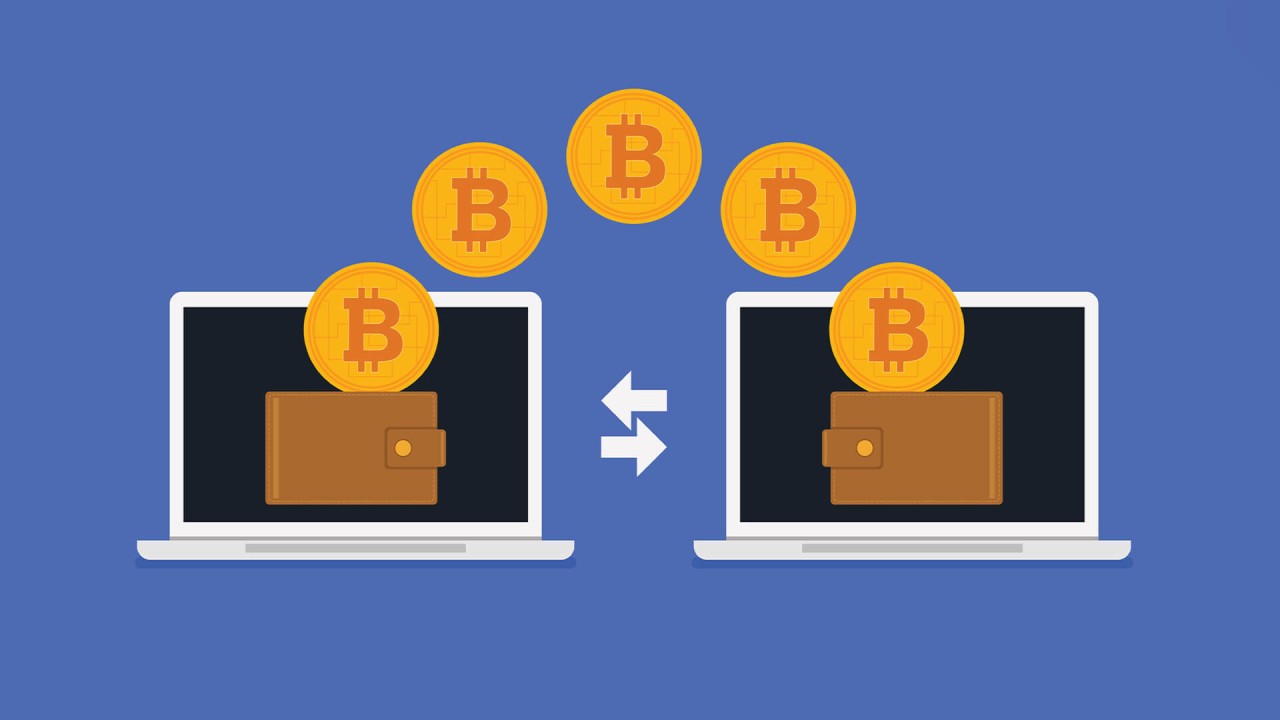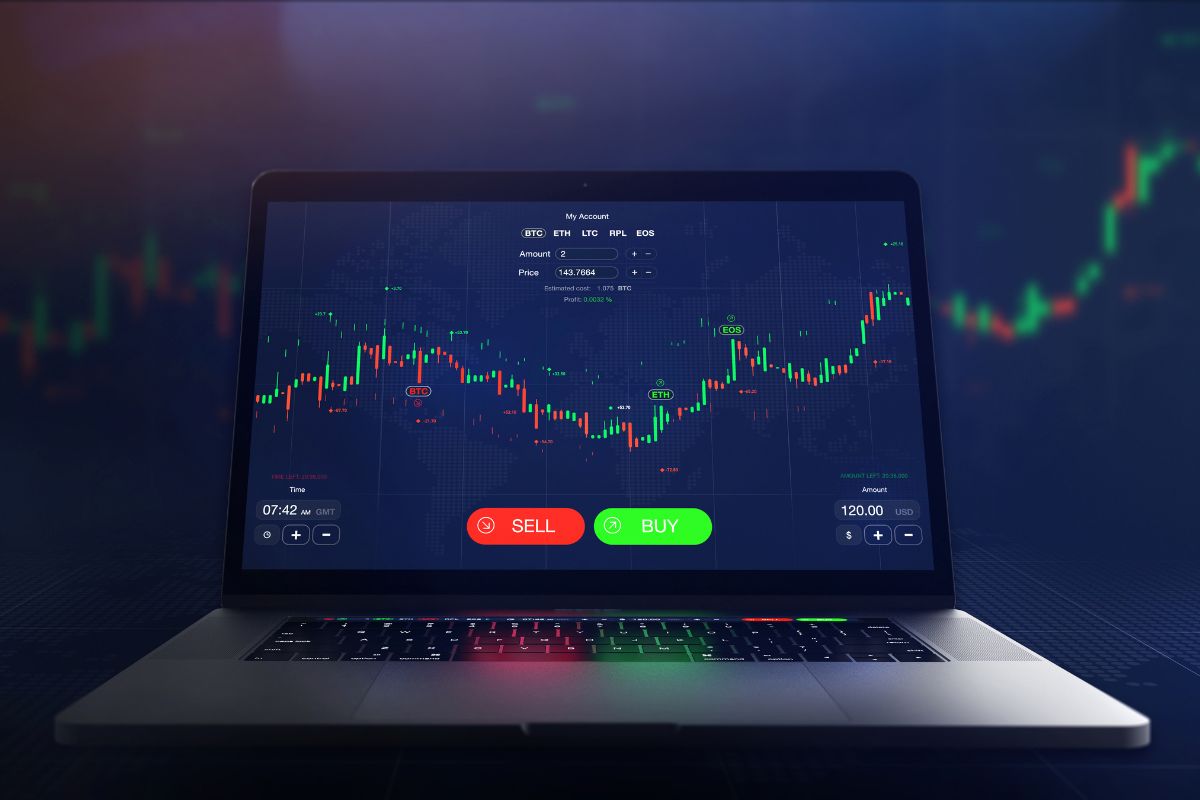How do different countries regulate Bitcoin? As a digital currency expert, I see the struggle for a clear answer. Every nation takes its own path; some welcome it with open arms, while others fear its shadow. Imagine a world map, each country colored based on its stance on Bitcoin—quite the patchwork quilt!
Our guide dives deep into each region’s rules. We tackle the role central banks play and compare crypto laws globally. Your exchange might face tough compliance tests; we reveal how it’ll cope. And what’s next for Bitcoin law? Stay tuned—we forecast the legal shifts that will shape your crypto ventures. Ready to navigate the complex web of cryptocurrency laws? Let’s unravel this global tangle together.
Understanding National Bitcoin Policies and Their Global Impact
The Role of Central Banks in Bitcoin Regulation
Central banks play a key role in regulating Bitcoin. They make rules to keep our money safe. Let’s look at what central banks do to control Bitcoin. They see it as digital cash. This means they watch how it’s used and make sure it’s safe to use. Central banks in different places can either like Bitcoin or not want it. This affects how much you can use Bitcoin in that country. They are like the big bosses of money and they look at Bitcoin very carefully.
Some central banks say Bitcoin is okay to use. They let people buy and sell with it. But they also say that it’s not the same as normal money. They tell banks to watch out for bad stuff like people using Bitcoin to hide money. Banks must check who is buying Bitcoin to stop any tricks. They use rules, called Know Your Customer, to know who is doing business.
Comparative Analysis of Country-Specific Crypto Laws
Now, let’s dig into the rules for Bitcoin in different places. Every country has its own laws. It’s like a rule book for Bitcoin. These rule books can be very different. In some countries, you can use Bitcoin a lot. They say it’s legal, like any other money. You can buy stuff and even pay taxes with it. They watch how you use Bitcoin but let you do a lot with it.
In other countries, they say no to Bitcoin. They don’t want people to use it at all. They worry about how it could change the money they already have. It’s not allowed to buy or sell with Bitcoin in these places. They watch it very closely and sometimes even say you can’t have it. It’s like they put up a big sign saying “Bitcoin is not welcome here.”
And then, there are places in the middle. They are not sure about Bitcoin but they let you use it a bit. They have rules about how much Bitcoin you can use. Also, they say that if you make money with Bitcoin, you have to say so and sometimes you have to give part of it as tax. It’s like having a fence around Bitcoin. They let it play in the yard, but it can’t go everywhere.
Different countries make different laws because they see Bitcoin in their own way. All these rules about how you can use Bitcoin make a big puzzle. This puzzle is the world of Bitcoin laws. Every piece fits in a certain way. It takes a lot of work to see the whole picture. But we try to make it fit together, so we can all understand it well.
Knowing the rules in each place is super important. If you use Bitcoin, you have to know the rule book for where you are. If not, you could get in trouble without even knowing. It’s like a game. You have to know the rules to play it right.
In the end, what’s super clear is that Bitcoin is all over the world. And it’s here to stay. Central banks and governments keep an eye on it to make sure it plays nice with other money. But it’s already changing how we think about and use money. So, getting to know how different places deal with Bitcoin can help us be ready for this exciting money world.
The Varied Legal Landscape of Bitcoin Around the World
Bitcoin Legislation by Country: A Comparative Overview
Every place treats Bitcoin in its own way. Some love it, some ban it, some are still deciding. For instance, the US treats Bitcoin as property. This means they tax it like owning land or stocks. Japan, on the other hand, sees it as money. This allows it to be used more freely for buying things.
In countries like Australia, Bitcoin is legal and subject to taxes too. You need to keep records of all your transactions. That way, you don’t get in trouble when tax time comes. Across the ocean, Canada also lets people use Bitcoin. You need to follow rules, though, especially if you’re running a Bitcoin business.
Some places are not a fan of Bitcoin. Countries like Bolivia and Algeria have said a big “no” to Bitcoin. They worry about scams and folks losing cash they can’t get back.
Keep in mind, laws can be complex. Each place has its own rules for using Bitcoin. You need to check what’s okay and what’s not where you live. This keeps you safe and helps you avoid any mishaps with the law.
International Bitcoin Oversight and Cross-Border Implications
Moving Bitcoin across borders catches the eyes of many governments. They worry about crimes like money laundering or folks not saying how much Bitcoin they have. This is where international groups step in.
Groups like the Financial Action Task Force make rules to keep things clean. They want to make sure that when Bitcoin moves around the world, it’s not for bad stuff.
If you run a crypto business, you have to know your customer (KYC). This means checking who you’re doing business with. And if you see any shady deals, you have to tell the authorities. Not doing this can lead to big trouble.
Laws for Bitcoin are tough to follow because they can be so different. One country might say okay, while another says no way.
And here’s a heads-up: a lot can change quickly. New laws or rules can pop up, so always keep an eye out. It’s all about being in the know and making sure what you do with Bitcoin is on the up and up.
Making sense of Bitcoin laws needs work and attention. It’s not just about if you can use it but how you use it that counts. It’s smart to look up stuff or talk to an expert. This way, you make sure you’re not breaking any rules, no matter where you are.
Compliance Challenges for Crypto Exchanges and Wallet Providers
Navigating Crypto Exchange Regulations and Digital Wallet Licensing
Running a crypto exchange or wallet service is not a simple task. Each country has its own rules. Let’s dive into how hard it is for these services to keep up.
In the USA, the SEC watches how crypto works with other money. They make sure everything is safe and legal. In Europe, rules like GDPR add more things to watch out for. Asia is even more varied, with some places saying yes to crypto and others saying no. Following all these rules can be a real headache. But it’s not impossible.
Firms need licenses to operate legally. It means they have to pass many tests and show they work fair and clean. Without a license, they can’t run their business or might get fined. Licensed exchanges give users trust that their money is safe.
Global Standards for Crypto and Anti-Money Laundering Measures
Now, let’s talk about stopping bad money moves globally. These rules are big news for crypto.
The FATF is a group that fights money laundering. They set rules that many countries use. Their goal is to cut down on crimes like money laundering and funding bad guys. They suggest using “know your customer” or KYC. This means crypto businesses need to check who their users are.
Bank rules for stopping dirty money also cover crypto. This is because crypto can move fast and worldwide. It makes it tempting for bad guys to use crypto for dirty money. So, rules like these are there to make sure everyone plays fair.
Getting these global standards right is no joke. Mess up, and a business can lose its rep or worse, get closed down. Remember, different places can have different takes on these rules. Some may be strict. Others, more laid-back.
These global standards mean a lot of work. They change a lot too, so staying in the know is key. Doing this keeps crypto exchanges clean and out of trouble. If you use crypto, this should give you peace of mind – someone’s keeping an eye out for trouble.
In a world where Bitcoin and crypto are still new, the rules are always changing. For exchanges and wallet providers, keeping up is part of the game. They work hard to make sure they do right by their users and the law. It’s not easy. But to stay in the game, that’s just what they have to do.
The Future of Bitcoin and Cryptocurrency Regulation
Evolving Trends in Decentralized Currency Regulation
Let’s dive into how Bitcoin laws are changing. Different places mean different rules. Look at El Salvador, where Bitcoin is legal money! You can buy a soda with Bitcoin there. But in China, they said no to Bitcoin transactions. They want to keep money matters tight.
In the United States and Europe, we see a mix. You can trade Bitcoin, but they keep an eye on it. They want to stop bad deeds and keep your cash safe. Banks are still figuring out how to work with Bitcoin.
Bitcoin’s road is bumpy. Laws can change fast. So, if you use Bitcoin, stay sharp. Watch out for new rules so you’re always in the clear.
The Impact of Legal Developments on Bitcoin Investment and Mining Activities
New laws can shake up your Bitcoin plans. For folks looking to grow their investment, this is key. Countries like Canada and Japan are making rules more clear. That’s good for you and me. It means less guesswork when putting money in Bitcoin.
Mining Bitcoin needs a lot of juice. Some places worry about the power it uses. Countries like Iceland have lots of clean energy. They say, come mine here! But others might not be so welcoming.
Where you are can change how you use Bitcoin. Always know your country’s rules. That way, you can mine or invest without a hitch!
Watch this Bitcoin journey. It’s always changing, like a game with new levels to beat. And that’s what makes it a thrilling ride.
In this post, we dove into Bitcoin’s complex world and its rules. We learned how central banks play a big part in controlling Bitcoin and compared crypto laws across nations. We also explored Bitcoin’s diverse legal scenes and how countries differ in their approach. For crypto exchanges and wallet providers, we looked at the tough rules they must follow and global standards against money laundering.
Looking ahead, we can see that rules for decentralized currencies will keep changing. These shifts will affect how we invest in and mine Bitcoin. I believe staying informed and adaptable is key in this ever-evolving landscape. Keep your eye on changes and be ready to act. It’s a thrilling time in the world of cryptocurrency, and the future is wide open for us to shape it.
Q&A :
How is Bitcoin regulated around the world?
Countries take various approaches to regulating Bitcoin, ranging from embracing and legally defining it to outright banning its use. In nations like Japan and the United States, Bitcoin operates within certain regulatory frameworks that include anti-money laundering (AML) laws, and requirements for exchanges to obtain specific licenses. Contrastingly, countries such as China and Algeria have prohibited the use of Bitcoin entirely.
What legal status does Bitcoin hold in different countries?
The legal status of Bitcoin differs considerably worldwide, with it being legally recognized as a currency or asset in some places, while in others it remains without official status. For instance, El Salvador has adopted Bitcoin as legal tender, while the European Union treats it as a convertible decentralized virtual currency, which can be exchanged and used for transactions.
How do regulations impact Bitcoin use in different countries?
Regulatory measures can significantly influence Bitcoin adoption and usage across different countries. Stringent regulations, high taxes, or outright bans can restrict its use and hinder the growth of related businesses. Conversely, embracing regulations can foster a supportive environment for crypto-related innovation and investment, leading to wider adoption.
Which countries have the strictest regulations on Bitcoin?
Notably, countries with strict financial controls, like China and Egypt, have some of the toughest regulations on Bitcoin. These restrictions often include bans on cryptocurrency exchanges and initial coin offerings (ICOs), as well as warnings to financial institutions against processing crypto-related transactions.
Are there any international standards for Bitcoin regulation?
While there’s no universal standard for Bitcoin regulation, international bodies like the Financial Action Task Force (FATF) provide recommendations to combat the misuse of cryptocurrencies for money laundering and terrorist financing. Countries are increasingly looking towards harmonizing their regulatory approaches by adopting these guidelines to ensure a balanced and cooperative international stance on cryptocurrency regulation.






